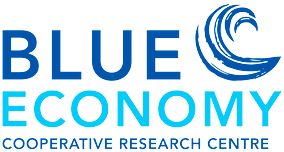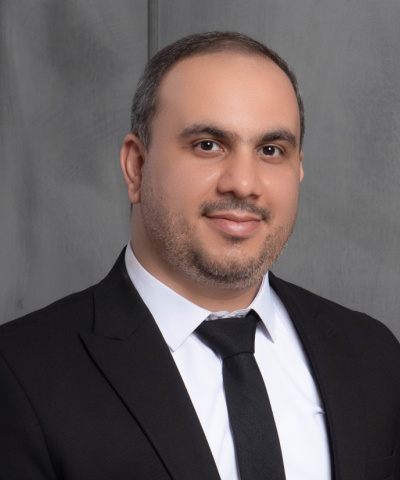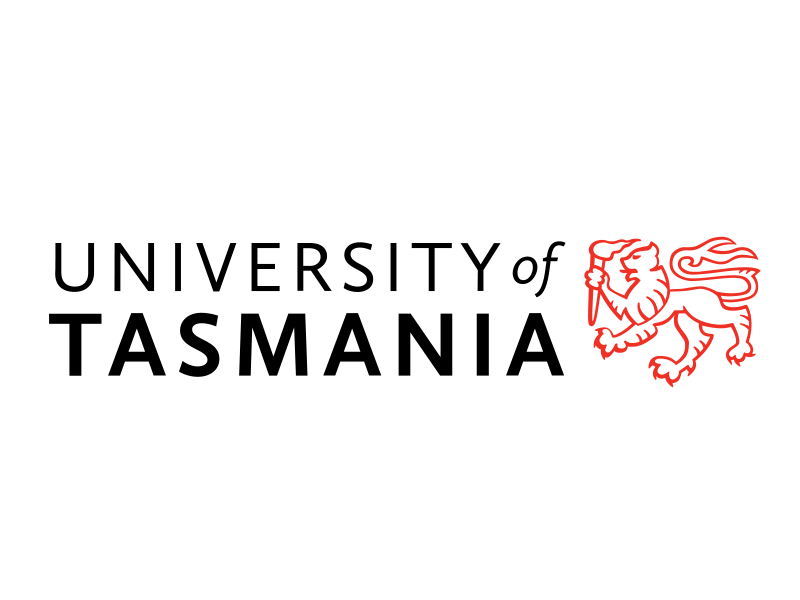Ali Motamedinezhad
Ali Motamedinezhad
Thesis Topic
Numerical Study of Offshore Kelp Platform Nutrient Supply Systems Using Artificial Upwelling
PhD Start Date
June 27, 2023
PhD Project Objectives
Giant kelp forests rank among the planet’s most productive and biodiverse ecosystems, providing a habitat for thousands of species. Kelp plants capture significant amounts of carbon during their growth and play a vital role in mitigating climate change. Additionally, kelp enhances the productivity of coastal ecosystems by providing shelter, food, and oxygen-rich environments for marine creatures. Kelp also serves as a resource in various markets including human consumption, alginate extraction, fertilizers, animal feed, and biopolymers.
Seaweed aquaculture mostly takes place in nearshore and wave-sheltered waters which are limited and frequently subject to disputes. Therefore, in response to the growing worldwide demand for sustainable seaweed cultivation, there is a strong push to explore the feasibility of offshore seaweed aquaculture. Australia is bordered by two poleward-flowing boundary currents in which both are warm and nutrient-poor. This has led to the rise of warmer coastal waters, with lower nutrient levels. Therefore, the rates of photosynthesis and growth in giant kelp plants have decreased.
In addition, the southern Australian waters are oligotrophic, with almost no major upwelling systems. Irrigating kelp with deep, nutrient-rich cold water through the process of artificial upwelling offers an array of great benefits. A critical examination of the existing body of literature reveals that there remains a notable gap, both in academia and industry, concerning the development of a numerical model capable of representing the physics associated with the nutrient dispersion within the kelp canopy, including the diffusion patterns, the kelp flexibility, and the effects of the high-energy offshore environment.
Addressing these challenges, the major aim of this project is to develop a CFD numerical model considering novel engineering aspects of associated parameters. The project can pave the way for more effective and sustainable aquaculture practices by providing a robust tool for optimizing artificial upwelling designs and ensuring the nutrient supply, mitigating the impact of environmental forces on kelp cultivation, and bridge existing knowledge gaps and tackle industry challenges. The project’s insights are expected to have wide-reaching implications for both industry practices and policy management, offering a significant contribution to the advancement of offshore kelp aquaculture platforms and related fields.
Biography
Originally, I come from Iran, where I earned my MSc. in Hydraulic Structures from Shahid Chamran University of Ahvaz. During my Master’s program, I conducted research aimed at coastal conservation through environmentally sustainable and cost-effective methods, including experimental modelling of coastlines and the development of coastal green belts to mitigate the effects of tsunamis. Presently, I am pursuing my Ph.D. at the National Centre for Maritime Engineering and Hydrodynamics within the esteemed Australian Maritime College, a specialised institute at the University of Tasmania. Beyond my academic endeavours, I possess a deep passion for photography and a keen interest in movies.
Supervisory Team
Primary Supervisor: Dr. Jean-Roch Nader
University of Tasmania
Co-Supervisor: Dr. Damon Howe
University of Tasmania
Co-Supervisor: Dr. Eric Gubesch
University of Tasmania
Research Advisor: Mr. Adam Brancher
Southern Ocean Carbon Company
2024 Participants Workshop Poster
As part of the 2024 Participants Workshop, our PhD Scholars exhibited a poster on their research.




